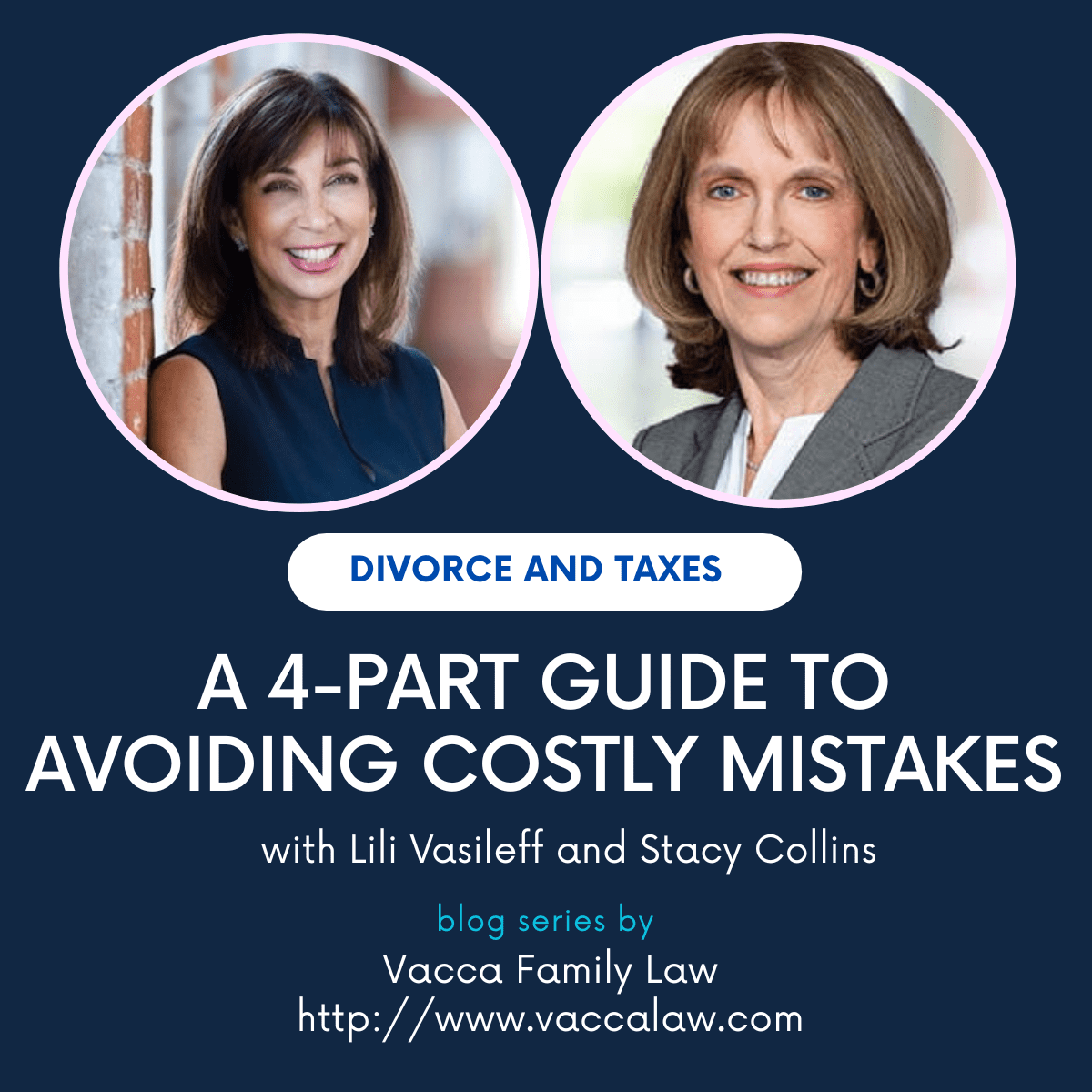Late in life challenges often produce anxiety about the not so golden years. With the first wave of baby boomers officially reaching retirement age, financial planning issues underscore basic life decisions about staying married and continuing to work. Divorce statistics for the older baby boomers have increased for a variety of reasons, leaving divorced older individuals with unique worries specifically concerning income planning.
Dividing marital property (including retirement accounts) on the cusp of retirement age after a long term marriage equates typically to halving all assets. A long term marriage also indicates a potential entitlement for long term or lifetime spousal support. However, the reality is that lifetime spousal support is viable for only as long as your ex-spouse works. Most courts are reluctant to order your ex-spouse to work past retirement years, simply to pay you spousal support. Clearly, the window between the time of divorce and date of retirement can increase stress to produce replacement income from your half of the marital assets or force you back into the workforce past retirement age.
Greater financial pressures bear down on Boomers
More often than not, divorced baby boomers also face substantial credit card debt, low returns on investments, disappearing pensions, and sinking home equity. In some case, the financial situation may be dire and further include prior actions taken to increase their cash flow to simply sustain daily living needs, such as reverse mortgages or early withdrawals or loans from retirement assets. This is the perfect storm for many financial advisors because there is no easy way to remedy these predicaments based on your limited earning capacity, reduced resources, and longer life expectancy.
It is prudent to start early and examine what you and your spouse expect from retirement and how much you are willing to set aside savings for the future. The factors that may impede baby boomers’ ability to plan and save for retirement are gaps in communication and financial decision-making. The opportunity to improve communication about your retirement and quality of life priorities is not only critical for you to engage in, but significantly important to share with your children. Without such efforts, your competing needs and mismatched expectations are in full display in divorce.
Retirement assets should be the last assets invaded to support your living needs. Most often, your retirement assets are defined contribution plans. In divorce, and only in divorce, you have an opportunity to take out cash from these plans with no 10% penalty before the age of 59 ½ years. If cash is king, this could be a necessity and resource for you to survive financially from your divorce. Furthermore, only in divorce, you may be entitled to collect social security benefits on your ex-spouse’s social security record as early as 60 years old. This strategy allows you to plan and maximize your social security benefits over your lifetime.
Here are some tips for baby boomers approaching retirement to avoid financial disasters, and maybe even divorce:
- Accelerate retirement savings
- Re-run your retirement numbers to target working years needed to sustain living needs
- Re-examine your investment portfolio
- Make sure you have adequate liability insurance
- Get your estate planning in order
- Know your Social Security benefits and learn about how to maximize benefits if either married or divorced.
- Pay off your debts
- Evaluate regularly your health care choices and needs (disability and long term care insurances)
It is probably true that two halves may never equal a whole. However, you can stay flexible as to when you take your benefits and how to take your benefits (lump sum or annuity). You should take your time to prepare for the worst by protecting your assets and updating estate plans. And, and lastly, you always can wait a few years before you divorce, or, stay married and wait for your partner to die.
– See more at: https://www.lifehealth.com/planning-divorce/



